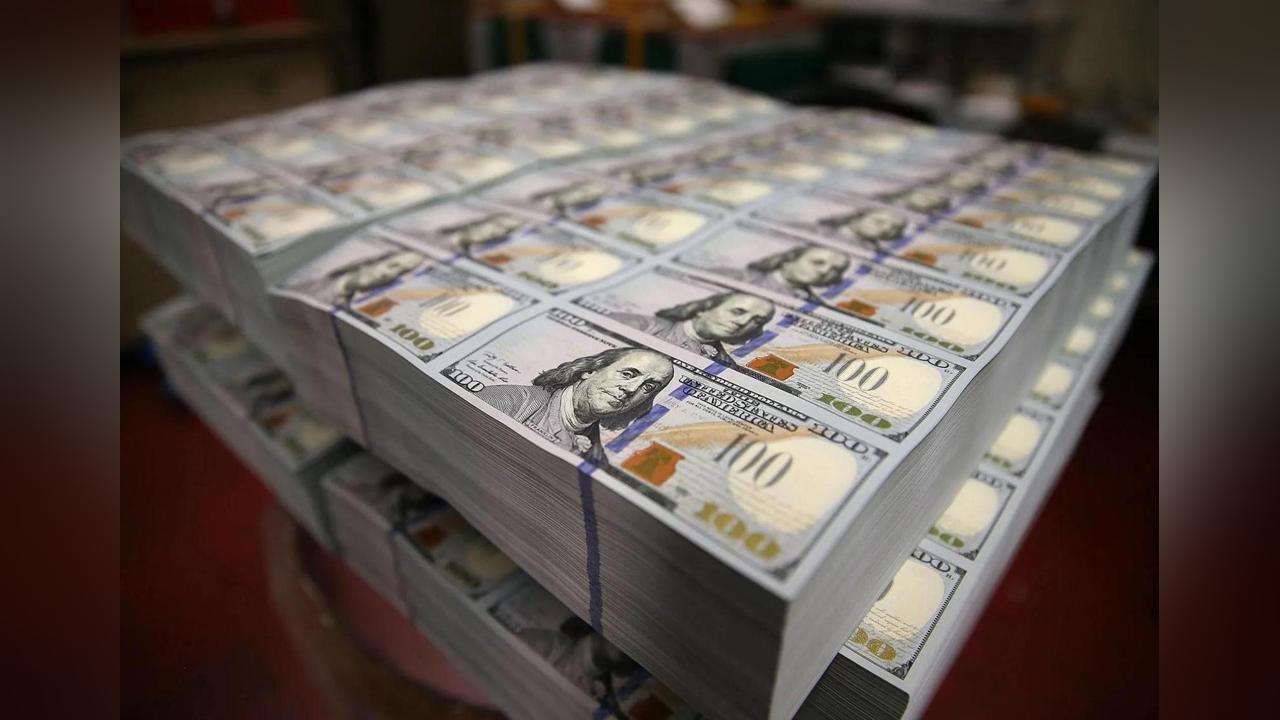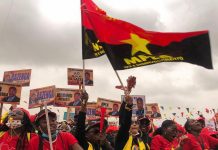Africa-Press – Angola. Dutch company Frank’s Internacional will have to pay the US Treasury US$7.9 million for participating in bribes in Angola between 2008 and 2014, according to an order by the US market regulator.
According to the dispatch from the Securities and Exchange Commission (SEC), the company, supplier of materials and services to the oil industry, will have to “pay the restitution of 4.1 million dollars and interest of arrears of $821,863 and a civil pecuniary penalty in the amount of $3 million to the Securities and Exchange Commission for transfer to the general fund of the United States Treasury”.
At stake are bribery schemes that the company, with securities listed on the New York Stock Exchange, assumed to resort to because it was not managing to win contracts in Angola in another way.
According to the document that determines the sanction against Frank’s, dated April 26 of this year, the SEC explains that the company was informed by Angolans that it had to create a consultancy to which the bribes that would allow it to win contracts in the Angolan market would be channeled. .
“Between January 2008 and October 2014, approximately, Frank’s paid commissions to a sales agent in Angola, even taking into account that those responsible for the Frank’s subsidiary based in the region knew that there was a high probability that the agent would use the commissions to bribe Angolan government officials on behalf of Frank’s,” adds the SEC dispatch.
“In fact, some of the funds were diverted to an Angolan government official to influence the award of oil and natural gas service contracts”, underlines the document, adding that, during the relevant period, Frank’s “did not have internal accounting controls related to the retention and payment of agents who interacted with foreign public officials on behalf of the company”.
After the IPO (dispersion of capital on the stock exchange of Frank’s Internacional, which took place in August 2013, the agent in Angola diverted the funds he received from Frank’s Angolan Operations to offshore accounts held by companies whose final ownership was not identifiable. During this period, after becoming an issuer, Frank’s Angolan Operations won five new contracts in Angola”, adds the document.
At that time, the Angolan state oil company, Sonangol, awarded concessions to large international oil companies, granting oil exploration and production rights in onshore and offshore areas, known as blocks.
Until 2012, the president of the oil company was Manuel Vicente, who later became vice president of Angola, with the historic José Eduardo dos Santos being President.
In the presentation of the case, the SEC says that Frank’s Angolan Operations, despite having been hired by some of the large international oil companies that received the concessions, was being passed over because the companies did not want to hire “suppliers disadvantaged by Sonangol”, reads if in the document.
Thus, the solution found by the company was to attract an Angolan agent, to whom it would channel funds that would guarantee that the company would receive new awards.
Between 2008 and 2014, “the agent’s companies in Angola received “approximately 5.5 million [about five million euros] from Frank’s Angolan operations, a portion of which was paid to an Angolan official”, the document adds.
But Frank’s received “at least $4.1 million in net post-IPO profits from its contracts with oil companies where Sonangol was the end customer and for which an Angolan official, or other Sonangol officials, had the authority to make decisions”.
In an agreement prior to the SEC’s final decision, based on a proposal from Frank’s, the company committed to cooperate, including by making non-US witnesses available for interviews, voluntarily submitting relevant documents and sharing facts discovered during its internal investigation. , including facts relating to conduct that occurred before becoming an issuer.
Corrective measures included firing the employees involved, ending the relationship with the Angola agent, improving its internal accounting controls and strengthening its internal controls environment and compliance program following its merger with the Expro Group, which resulted in Expro Group Holdings.
For More News And Analysis About Angola Follow Africa-Press






